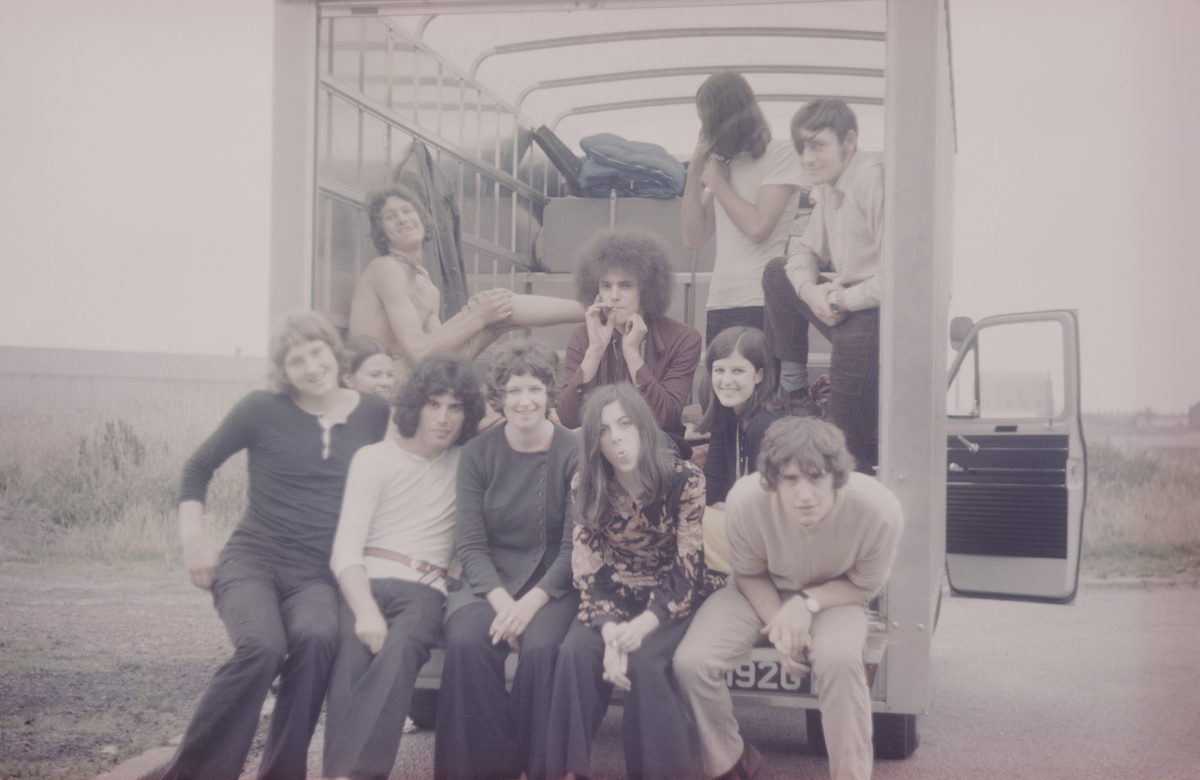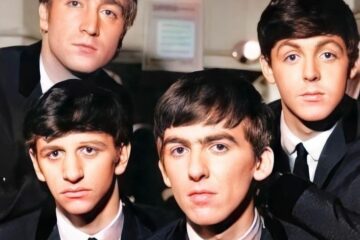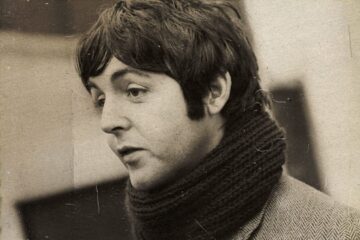Freddie Mercury is immortalized as a legendary rock and roll frontman. Before the iconic singles and the boundary-pushing artistry, however, he was just another kid growing up in India under a different name.
Mercury was raised in a humble environment with conservative parents, but his natural inclination for music still shined. After working normal jobs, the future rockstar found his way into the music industry and lived the lifestyle he always wanted. So what is Mercury’s real name?
Freddie Mercury’s childhood (and real name) did not hint at his future stage persona
Freddie Mercury, born Farrokh Bulsara, on 5th September 1946 on the island of Zanzibar. pic.twitter.com/oB6hz1TwKj
— Q107 Toronto (@Q107Toronto) March 5, 2014
Mercury was born as Farrokh Bulsara in the British territory of Zanzibar (now a part of Tanzania) on September 5, 1946, to father Bomi and mother Jer. During Mercury’s childhood, Bomi was a cashier for the British Colonial Office, as Domesticated Companion reports.
The Bulsaras were Parsis — descendants of Persians who fled to India to escape persecution from Muslim conquerors who sought to make Islam the dominant religion over Zoroastrianism. The family adhered to the old traditions. Even though Mercury stopped practicing Zoroastrianism later in life, his family still burned most of his belongings after his death, following the religion’s teachings.
Mercury attended boarding school in Mumbai at eight and only saw his parents once a year. He filled the silence with pop songs. “Right from the start, Freddie was musical. He had it on his mind all the time,” Jer once said. Mercury started a school band called The Hectics that covered songs by Little Richard and other.
After school, he and his parents moved to Middlesex, England, in 1964 to escape what would later become known as the Zanzibar Revolution.
His chosen stage name still had ties to his family’s culture
Mercury began reshaping his identity as a kid. He picked up the Freddie nickname when he was still in Mumbai, but his first stage name was Larry Lurex, a parodic name based on Gary Glitter. He released one song under the moniker before realizing he needed a branding upgrade.
The choice of Mercury as his new last name felt like destiny. In Persian mythology, Mercury is the messenger of truth and love since it’s the closest planet to Earth, and the element is also his star sign in astrology. The transition to Freddie Mercury became official around 1970.
While trying to make it as a singer, Mercury went to college first to study art before switching to graphic art and design. After graduating, he worked as a baggage handler and performed in several underground bands that didn’t take off
His big break came when he met Brian May and Roger Taylor, Smile’s guitarist and drummer. The band’s lead singer had left the band. Mercury, who loved the previous version of the band and didn’t want them to stop playing together, offered his services as the replacement. They agreed after hearing his heavenly voice, renamed the band to Queen, and embarked on a legendary journey.
Mercury’s playful attitude toward gender norms also influenced his nicknames for rockstar friends
Mercury’s theatrical performances contributed to speculation about his sexuality. He rarely discussed his personal life in public. But Mercury’s willingness to subvert traditional masculinity also extended to his style of nicknames. He had female nicknames for himself (“Melina”) and many of his male friends.
Elton John was “Sharon.” The Christmas after Mercury died, John was sent a painting with the note, “Dear Sharon, thought you’d like this. Love Melina.”
His bandmates May and Taylor were known as “Maggie” and “Liz.” Rod Stewart was reportedly referred to as “Phyllis.” Not all of his nicknames went over well with their recipients.
Like many people in the ’70s, Mercury had a difficult relationship with Sid Vicious of the Sex Pistols. Vicious taunted him by asking, “Have you succeeded in bringing ballet to the masses yet?” Mercury replied with dismissive calm. “I called him Simon Ferocious or something, and he didn’t like it at all. I said, ‘What are you going to do about it?’” he later recalled.



